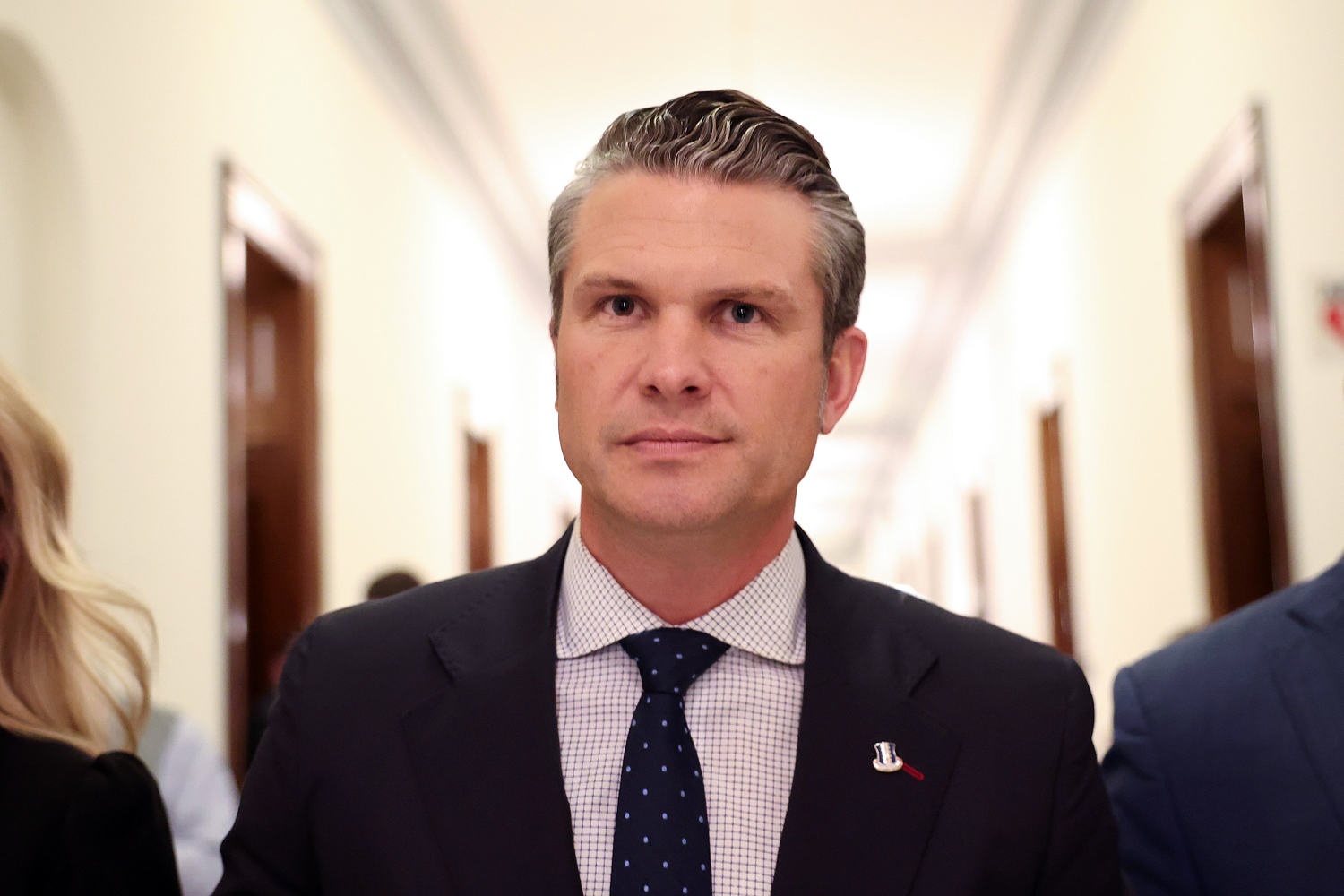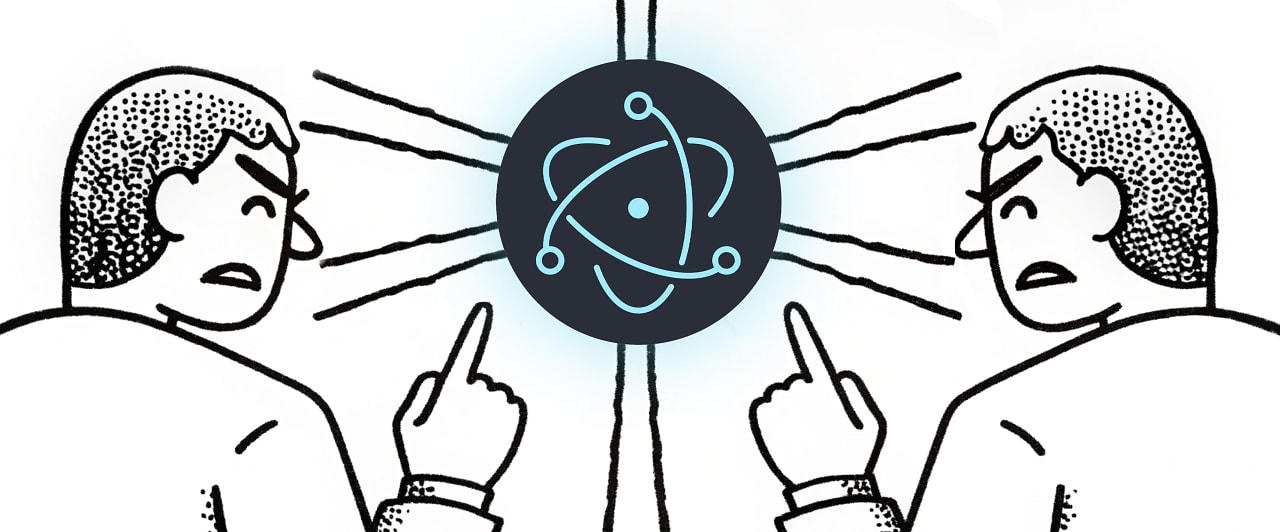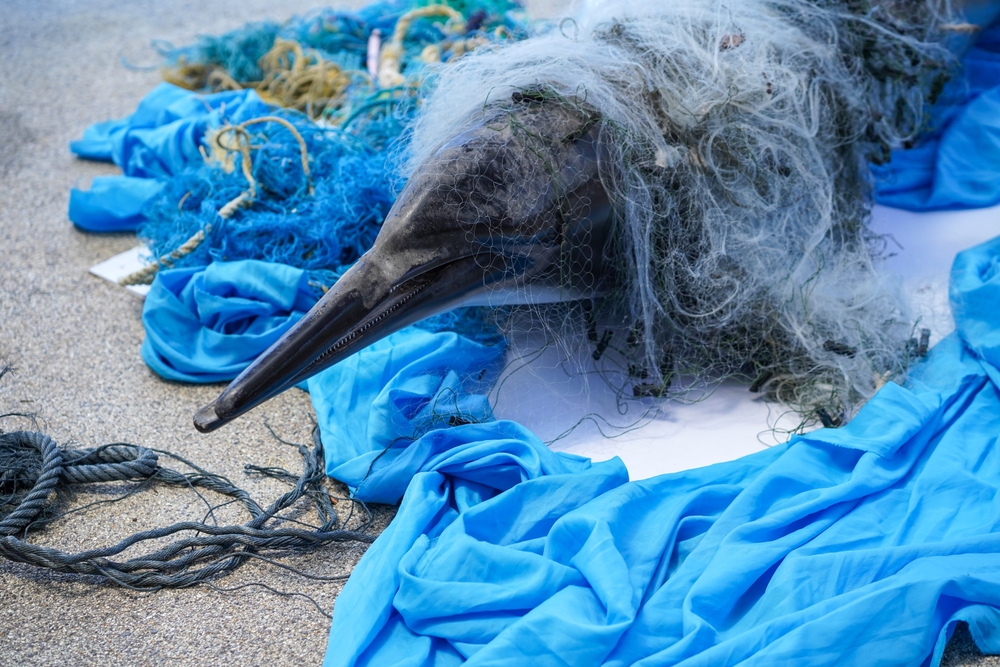Day 2 of USC conference on Ideology in Science
Here is day 2 of our 3-day conference on Censorship in the Sciences at the University of Southern California, with all talks contained in the 6½-hour video. I will recommend one, and since I missed the bit beginning at 3:30, will give the recommendation of a friend who watched the whole day. I’ve given the … Continue reading Day 2 of USC conference on Ideology in Science

Here is day 2 of our 3-day conference on Censorship in the Sciences at the University of Southern California, with all talks contained in the 6½-hour video. I will recommend one, and since I missed the bit beginning at 3:30, will give the recommendation of a friend who watched the whole day. I’ve given the whole schedule below.
The first talk you might watch is the first one of the day, a zoom talk by Stavroula Kousta, the Chief Editor of the Springer journal Nature Human Behavior. It begins at 0:00 and ends at 23:49, with the Q&A ending at 34:24.
The journal and its editor became infamous in August of 2022 when it published a paper called “Science must respect the dignity and rights of all humans” (see my post here), which notes this:
This new article in Nature Human Behavior Is well-intentioned, aiming to purge bigotry from science, but goes way over the top in three ways. First, it claims that science is complicit in structural racism at present. That’s not true, though in the past some scientists and institutions were guilty of this. Second, it assumes that papers submitted to the journal are going to be rife with racism, bigotry, misogyny, and anti-LGBTQ+ bias that will cause “harm”, and therefore authors must be warned in a long document about their biases and how to avoid expressing them. The piece thus gives a long set of rules that actually conform to woke practice. Third, it explicitly states that even papers with publishable scientific results can be rejected if the facts presented are deemed liable to cause harm. And “harm” is often in the gut of the beholder. The article is thus a threat that unless articles conform to a specific ideological stance, they can be rejected even if the data themselves are worth publishing.
As you’ll hear, Kousta somewhat hedges her original claim that papers should not be published if they cause “harm” to readers, including psychological harm. She notes that the journal’s guidance isn’t about suppressing clear results of research but the conclusions drawn by research. “Harm” could be conclusions—I note that there is often no clear distinction between results and conclusions—that hurt any groups whose rights are protected by international treaties. She doesn’t discuss the hard cases, for example research reporting any differences in IQ or educational attainment between ethnic groups. She also suggests that the “harms” of research could be minimized by the journal by giving “accompanying commentary” or an “accompanying editorial.” Those, however, an implicit view by the journal that the paper cannot stand on its own. Her talk sounds like an attempt to rebut the criticisms of the paper that arose immediately.
The first question (23:53) was by journalist Jesse Singal about one example of a potentially harmful result, emphasizing the slippery-ness of the concept of “harm”. Julia Schaletzky, on my own panel, asks the third question, and it’s a good one, dealing with “harms” whose prevention could lead to longer-term harms to the community. (Somebody should have asked Kousta to give a concrete example of a piece of research that should be deep-sixed from the journal because it harmed a group of people.) Kousta implies that this could never happen, but it in fact a manuscript from a federally funded study, showing that giving children puberty blockers does not increase their overall psychological well-being, has been withheld (by the author, Johanna Olson-Kennedy, not by the journal) certainly because those results don’t jibe with what gender ideologists want to see.
Pinker’s tweet:
My objection to this kind of vetting of articles when the concept of “harm” is so badly slippery these days was echoed in a tweet by Steve Pinker:
Journalists & psychologists take note: Nature Human Behavior is no longer a peer-reviewed scientific journal but an enforcer of a political creed. I won’t referee, publish, or cite (how do we know articles have been vetted for truth rather than political correctness)? https://t.co/3qXFGizt6h pic.twitter.com/G5BgB2hpqD
— Steven Pinker (@sapinker) August 26, 2022
********************
Luana recommends Cory Clark‘s talk, “From worriers to warriors: The rise of women in science and society,” which begins at 5:13:40 and ends at 5:37:01, followed by Q&A that ends at 5:48:20. Her hypothesis, which is hers, is that many of the ideological problems that plague science now, as well as some salubrious effects, are actually the result of the success of women, whose evolutionary past bequeathed them a set of behaviors different from those those of men. Clark’s contention: women evolved to hold grudges longer than men, are more empathic than men, more egalitarian, and so on. She goes on to show surveys of sex differences bearing on cancelation and wokeness.
These differences, she says, lead to an increased emphasis on equity and on avoidance of harm, as well as to an increase in ostracism, producing not only wokeness in academia but also a cancel culture relying more heavily on female than on male beliefs. There are salubrious effects as well, such as the female emphasis on reduced animal testing and “the fall of competent but criminal men.” Women, she says, are more likely to be “social warriors.” It’s really an encouragement to take an evolutionary-psychology look at how sex differences in behavior have influenced academia. In the Q&A, Clark notes how she’s been ostracized, and one questioner says she would like to push Clark down an elevator shaft and that nursing, a woman-dominated profession, does not suffer from the problems that, Clark says, affect academia. Another questioner agrees with Clark’s patterns, but attributes them to acculturation rather than evolution.
















![From Gas Station to Google with Self-Taught Cloud Engineer Rishab Kumar [Podcast #158]](https://cdn.hashnode.com/res/hashnode/image/upload/v1738339892695/6b303b0a-c99c-4074-b4bd-104f98252c0c.png?#)






























































